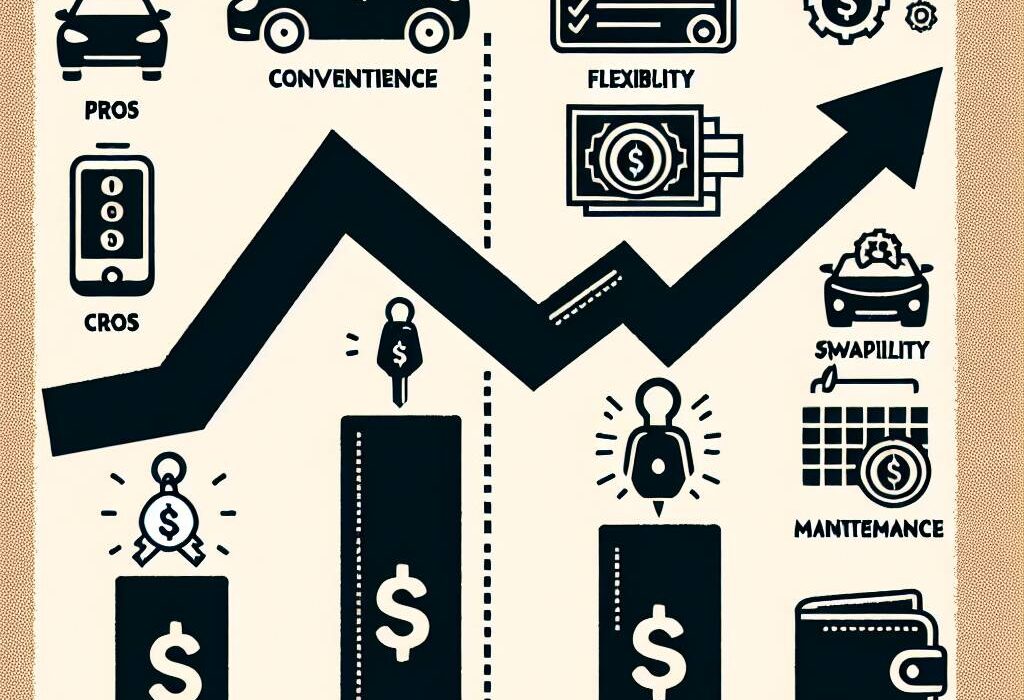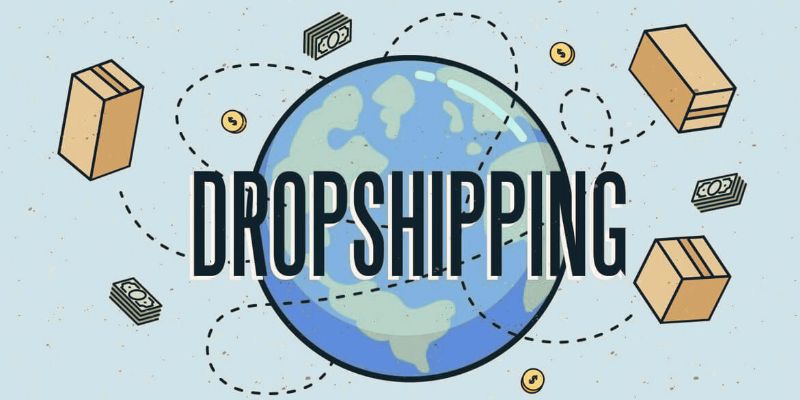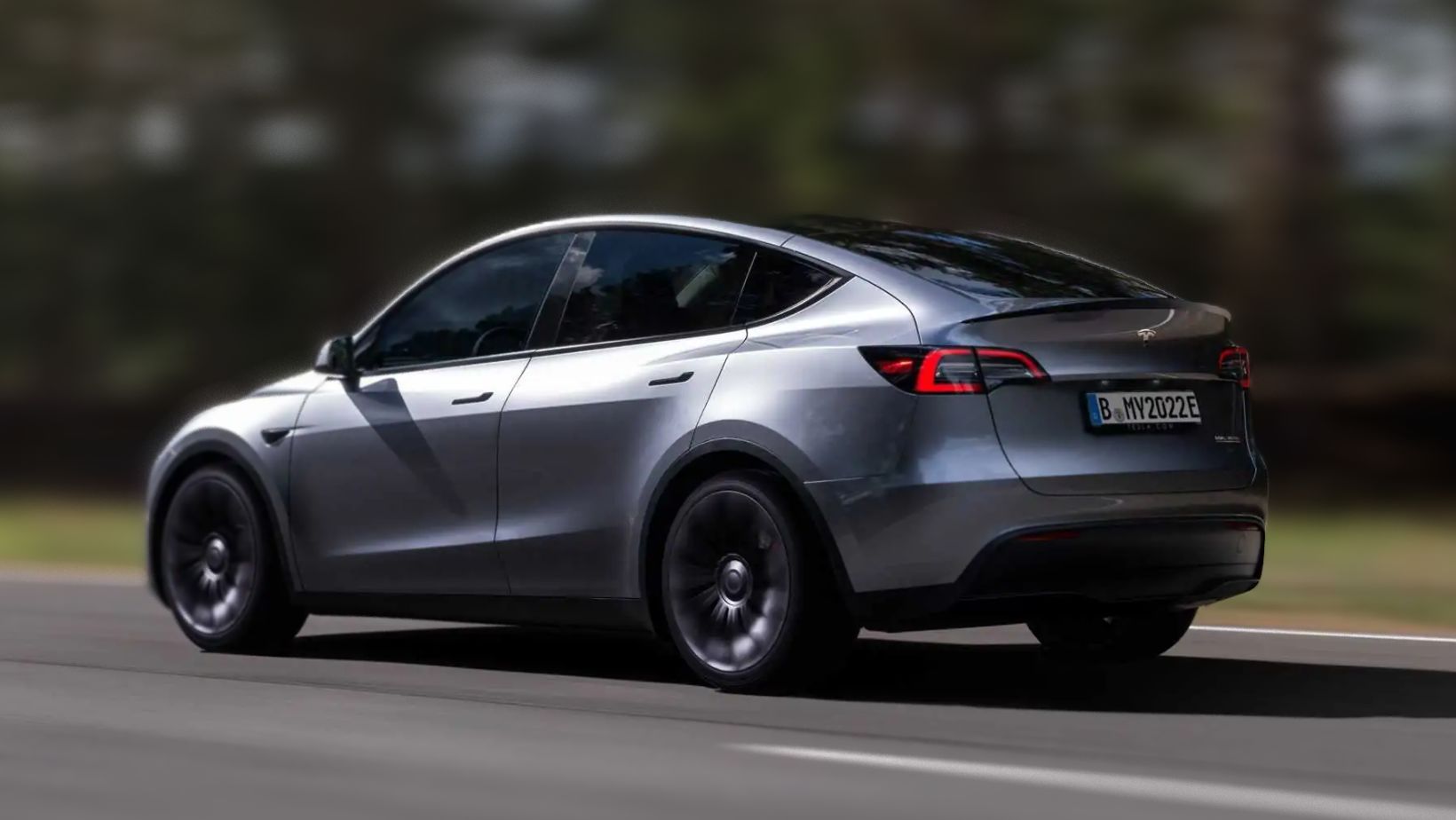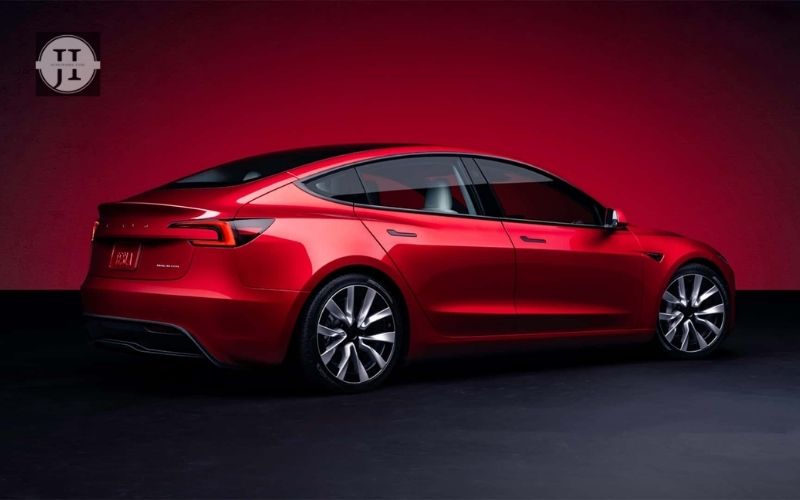Discover the advantages, comparison, and future trends of car subscription services, offering modern consumers flexibility and convenience in vehicle ownership.In today’s fast-paced world, the way we think about vehicle ownership is evolving rapidly. Enter car subscription services—a modern alternative that blends the benefits of ownership and leasing, offering flexibility and convenience to consumers. These services allow drivers to access a variety of vehicles without the long-term commitment of traditional ownership. As more individuals prioritize experiences over possessions, the appeal of car subscription models continues to rise. However, as with any innovative service, it’s essential to weigh the pros and cons before making a decision. In this article, we will explore what car subscription services offer, compare them with traditional leasing options, and delve into their potential drawbacks. Join us as we navigate the landscape of car subscriptions and uncover what the future holds for this burgeoning trend.
Understanding Car Subscription Services: A New Approach to Vehicle Ownership
Car subscription services represent a transformative shift in how consumers approach vehicle ownership. Unlike traditional methods that typically require long-term commitments—such as buying, leasing, or financing a car—car subscription services provide users with the flexibility to utilize a vehicle for a predetermined duration without the burdens of ownership. This model often combines the aspects of rental and leasing, offering a more adaptable solution to personal transportation needs.
At their core, car subscription services allow subscribers to pay a flat monthly fee that encompasses various expenses related to vehicle use. This usually includes insurance, maintenance, and roadside assistance, making the process straightforward and hassle-free. Subscribers can choose from various vehicle types, catering to their specific preferences or requirements, whether that be a compact car for daily commutes or a larger SUV for family trips.
Moreover, car subscription services often provide users with the ability to switch vehicles as their needs change, whether due to lifestyle shifts or simple preference. This flexibility is particularly appealing to urban dwellers who may require a different vehicle depending on the season or occasion.
As more brands enter this rapidly evolving market, the appeal of car subscription services continues to grow, representing a forward-thinking option for those seeking convenience and adaptability in their driving experience.
The Benefits of Car Subscription Services for Modern Consumers
Car subscription services are revolutionizing the way individuals access vehicles, offering a host of advantages that resonate particularly well with today’s consumers. Here are some key benefits:
- Flexibility: One of the standout benefits of car subscription services is the flexibility they provide. Consumers can choose a vehicle based on their current needs, whether they require a compact car for city driving or a larger SUV for family trips. This adaptability is particularly appealing in today’s fast-paced world.
- All-in-One Payment: Car subscription services typically include insurance, maintenance, and roadside assistance in a single monthly fee. This simplicity helps consumers avoid the unexpected costs that often accompany traditional car ownership.
- Easy Vehicle Swapping: Many car subscription services allow users to swap vehicles based on changing lifestyle demands. This is ideal for consumers who enjoy driving different makes and models or need a specific type of vehicle for short periods.
- Lower Commitment: Compared to traditional leasing or buying, the commitment level is significantly lower in car subscription services. Contracts are often month-to-month, giving consumers the liberty to change their vehicle or discontinue the service without being tied down to long-term agreements.
- Access to Latest Models: Subscription services typically provide access to newer models featuring the latest technology and safety features, which can be a major draw for tech-savvy consumers wanting the latest innovations at their fingertips.
As the automotive landscape continues to evolve, the appeal of car subscription services is likely to grow, catering to the diverse needs of modern consumers looking for convenience and flexibility in their vehicle choices.
Comparing Car Subscription Services to Traditional Leasing Options
When deciding between car subscription services and traditional leasing options, it’s essential to consider several factors that impact cost, flexibility, and overall experience. Both options provide a way to access a vehicle without the long-term commitment of buying, but they cater to different needs and preferences.
Car subscription services typically offer a more inclusive package compared to traditional leasing. Subscription services often bundle insurance, maintenance, and roadside assistance into a monthly fee, simplifying the user experience and reducing unexpected costs. On the other hand, traditional leases may have lower monthly payments but usually require separate insurance arrangements and additional fees for maintenance or excess mileage.
Another key distinction lies in the commitment duration. With traditional leasing, contracts usually last for 2-4 years, tying consumers to a specific vehicle for that period. However, car subscription services often offer flexible terms that can range from a few months to just a week, appealing to consumers who require short-term solutions or those seeking the latest models without long-term obligations.
Moreover, the vehicle selection process also varies significantly. While traditional leases may restrict customers to specific models based on their chosen agreement, car subscription services often allow users to switch between different types of vehicles, accommodating changing lifestyles and preferences. This adaptability makes it easier for individuals to choose a vehicle that best suits their current needs, whether it’s a compact car for city driving or a larger SUV for family trips.
While both car subscription services and traditional leasing offer unique advantages, the choice ultimately depends on individual lifestyle, financial priorities, and the level of flexibility desired. Those who value a hassle-free experience with variable commitment will find car subscription services particularly appealing, while those looking for lower monthly payments and a longer-term vehicle may still prefer traditional leasing options.
How Car Subscription Services Promote Flexibility and Convenience
One of the most compelling aspects of car subscription services is the flexibility they offer to consumers. Unlike traditional car ownership or leasing, which often involves long-term commitments and complex contracts, car subscription services allow individuals to tailor their vehicle usage to fit their changing needs.
For instance, many subscription services provide users the option to switch cars as their requirements evolve. A person might initially need a compact car for commuting but later may require a larger SUV for a family trip. This seamless transition not only enhances convenience but also alleviates the stress of purchasing or leasing multiple vehicles.
Moreover, car subscription services often include maintenance and insurance in their packages. This all-in-one solution frees subscribers from worrying about unexpected repair costs or additional insurance premiums, further enhancing peace of mind and simplifying the ownership experience.
Additionally, many subscription models operate on a month-to-month basis, allowing customers to cancel or adjust their plans as needed without facing hefty penalties associated with traditional leasing agreements.
The convenience of online booking and vehicle delivery straight to your doorstep can’t be understated, making car subscription services an attractive option for busy individuals or families who prefer to prioritize their time.
In a world where lifestyles and transportation needs are constantly evolving, the ability to adapt quickly through car subscription services is becoming increasingly important, signifying a significant shift in how consumers approach vehicle ownership.
Potential Drawbacks of Car Subscription Services You Should Consider
While car subscription services present an innovative alternative to traditional vehicle ownership, they come with their own set of potential drawbacks that consumers should carefully evaluate before making a decision. Here are some key considerations:
- Higher Costs: Generally, car subscription services can be more expensive than leasing or buying a car, especially for those who may not utilize the vehicle regularly.
- Limited Choices: Subscription options may not offer the same extensive range of vehicle models or brands as traditional car buying or leasing.
- Service Availability: Depending on the geographical area, not all consumers may have access to car subscription services, which could make it less convenient for some.
- Long-Term Commitments: Some subscriptions come with minimum commitment periods, complicating the perception of flexibility that these services often promote.
- Insurance Costs: The insurance policies included in some subscription packages may not be as comprehensive or cost-effective as standalone insurance options.
Before deciding on car subscription services, it’s essential to weigh these drawbacks against the benefits to determine if this model truly fits your lifestyle and driving needs.
Future Trends Shaping the Growth of Car Subscription Services
The car subscription services model is poised for significant evolution in the coming years. As technology advances and consumer preferences shift, several key trends are anticipated to drive the growth and operation of these services.
- Increased Adoption of Electric Vehicles (EVs): As the global push towards sustainable transportation continues, many car subscription services are incorporating electric vehicles into their fleets. This shift not only caters to environmentally conscious consumers but also benefits companies as they align with regulatory standards.
- Integration with Mobility-as-a-Service (MaaS): The convergence of car subscription services with MaaS platforms will facilitate seamless user experiences. Consumers will be able to access subscription services alongside other forms of transportation, such as public transit and ride-sharing, all within a single app.
- Enhanced Digital Experiences: The use of advanced technology, including AI and big data analytics, will lead to more personalized services. These advancements will enable companies to predict consumer preferences and provide tailored subscription packages that better meet users’ needs.
- Global Expansion: As the car subscription services model gains traction beyond the initial market, companies are likely to expand their offerings internationally. This growth will introduce new customer segments to the concept of vehicle ownership.
- Flexible Pricing Models: Future car subscription services may introduce tiered pricing structures that allow consumers to choose plans based on their usage requirements—whether it’s for daily commutes, weekend adventures, or other lifestyle needs.
These trends indicate a dynamic future for car subscription services. Stakeholders must stay attuned to these developments to harness opportunities in this rapidly evolving market landscape.
Frequently Asked Questions
What are car subscription services?
Car subscription services are flexible alternatives to traditional car ownership and leasing, allowing customers to pay a monthly fee for access to a vehicle, including insurance and maintenance.
What are the main benefits of using car subscription services?
The primary benefits include flexibility in vehicle choice, the convenience of bundled costs (like insurance and maintenance), and the ability to change vehicles frequently without the long-term commitment of ownership.
What are the potential drawbacks of car subscription services?
Potential drawbacks include higher monthly costs compared to traditional leasing or ownership, limited vehicle availability, and possible restrictions on mileage or usage.
Who is the target market for car subscription services?
The target market includes urban dwellers who need occasional vehicle access, individuals who prefer not to commit to long-term contracts, and those who value convenience and flexibility.
How do car subscription services differ from traditional car leasing?
Unlike traditional leasing, car subscription services offer greater flexibility with shorter commitment periods, the ability to switch vehicles as needed, and often include additional services like maintenance and insurance in the monthly fee.
What should consumers consider before opting for a car subscription service?
Consumers should assess their driving habits, budget, vehicle preferences, and the specific terms of the subscription service, such as mileage limits and fees for exceeding those limits.
Are car subscription services popular worldwide?
Car subscription services are gaining popularity in various countries, particularly in urban areas, as consumers increasingly seek alternatives to vehicle ownership and traditional leasing arrangements.












